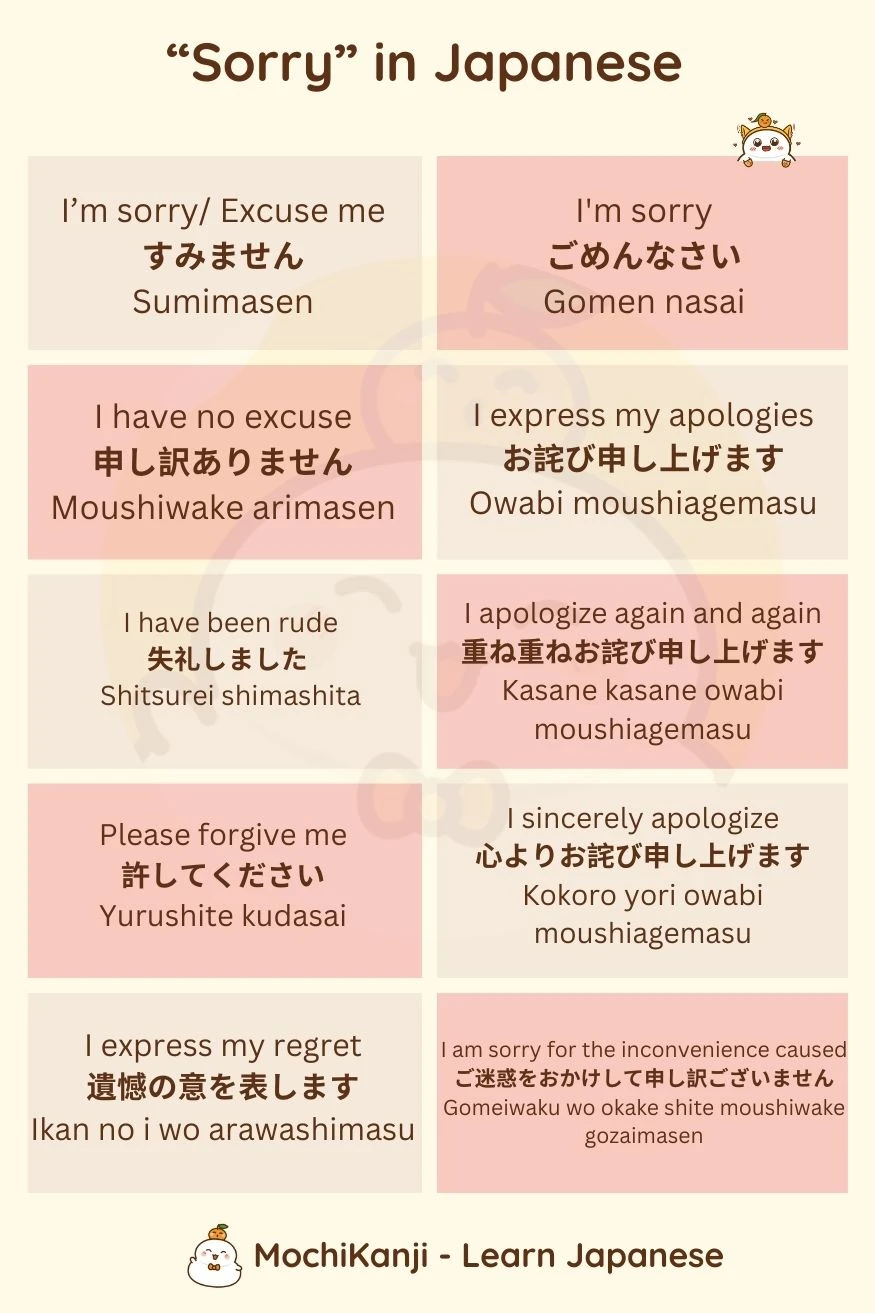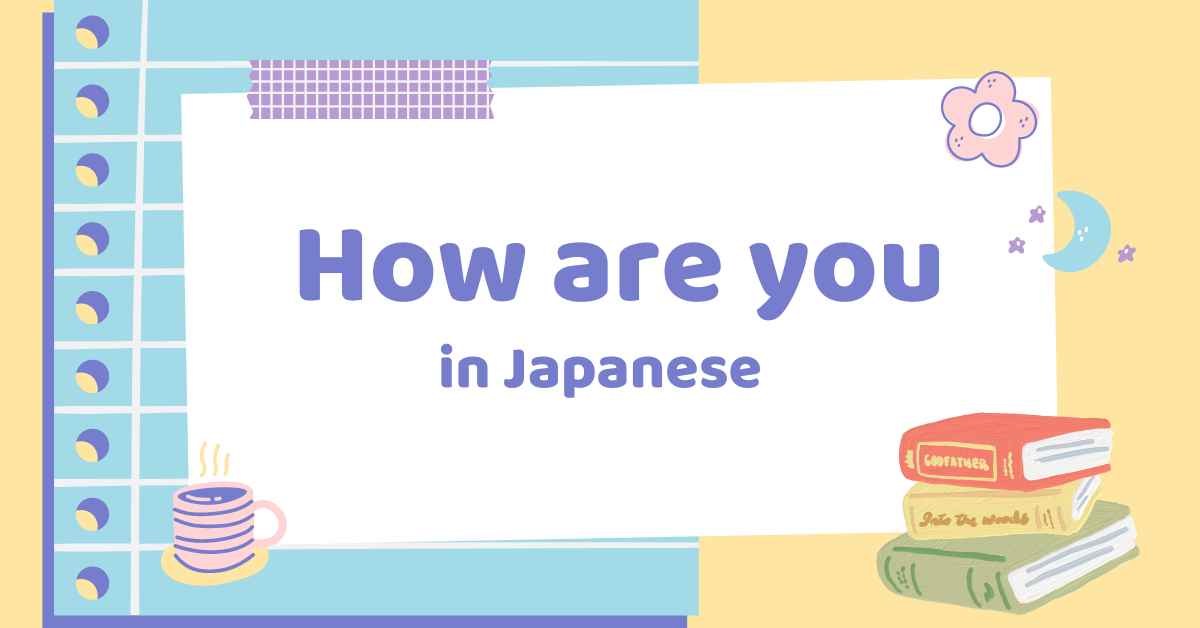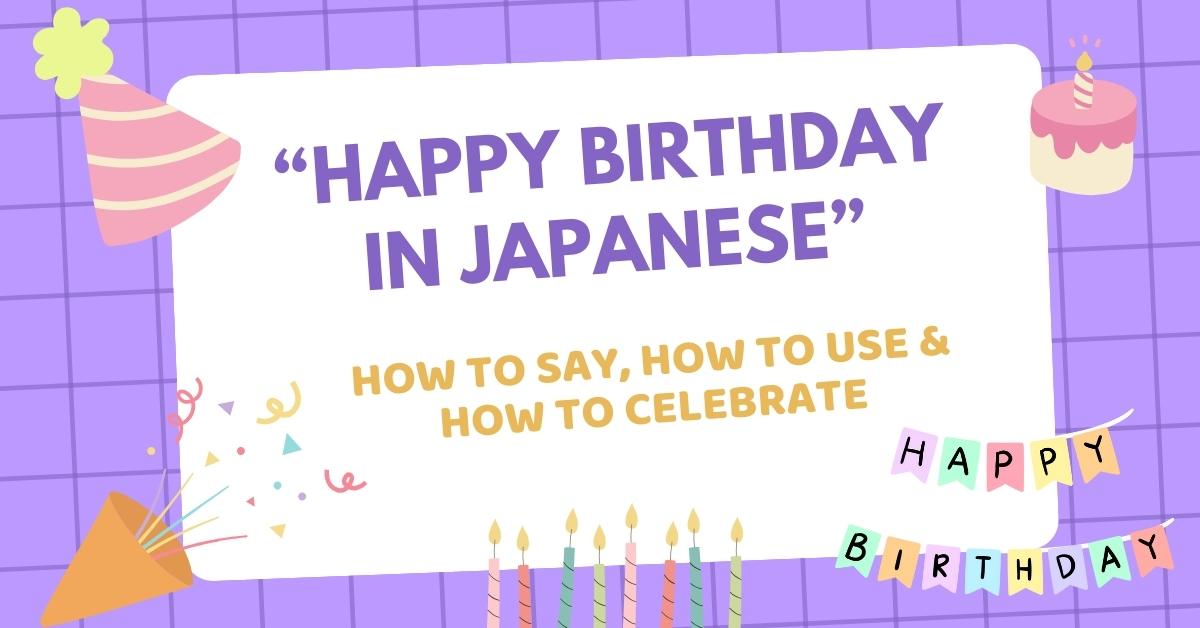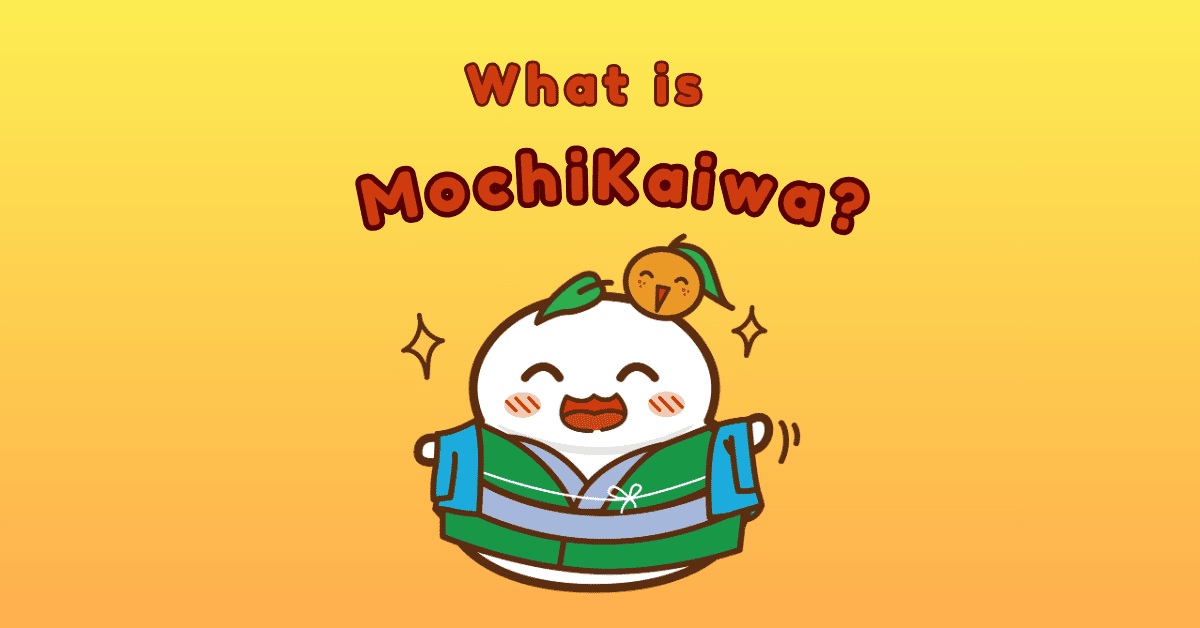Apologizing in Japan involves more than simply saying “Sorry”; it’s a deeply cultural act that reflects sincerity, respect, and remorse. Understanding how to express apologies in Japanese can help you navigate social and professional situations more effectively. In this guide, we’ll explore the cultural nuances of apologizing in Japan and provide you with 10 different ways to express your apologies, ensuring you can communicate regret appropriately according to the context.

- Overview of Japanese Apology Culture
- 10 Ways to say Sorry in Japanese
- Different Ways to Apologize in Japanese
Overview of Japanese Apology Culture
In Japanese society, the act of apologizing isn’t just about admitting a mistake but also about showing respect and maintaining harmony in interpersonal relationships. Apologies in Japan often go beyond the words themselves and include gestures, body language, and sometimes even gifts to show sincerity.
The language offers various expressions to convey apologies, each suited to different levels of formality and seriousness of the situation. The concept of “saving face” is also important, as apologies are often given not only to express remorse but to help the other person maintain dignity and avoid embarrassment.
10 Ways to say Sorry in Japanese
1. すみません (Sumimasen)
- Meaning: “I’m sorry” or “Excuse me.”
- Usage: This is one of the most common and versatile apology phrases, suitable for minor offenses or disturbances, like bumping into someone or getting someone’s attention.
2. ごめんなさい (Gomen nasai)
- Meaning: “I am sorry.”
- Usage: More casual than “Sumimasen,” this phrase is typically used among friends and family. It’s commonly useful for everyday apologies, but not used for superior people.
3. 申し訳ありません (Moushiwake arimasen)
- Meaning: “I have no excuse.”
- Usage: This is a formal way to apologize and is used in serious situations, particularly when the mistake has caused significant inconvenience or trouble.
4. お詫び申し上げます (Owabi moushiagemasu)
- Meaning: “I express my apologies.”
- Usage: Extremely formal, this expression is often used in business or official apologies, especially in written form.
5. 許してください (Yurushite kudasai)
- Meaning: “Please forgive me.”
- Usage: Used when seeking forgiveness from someone for a wrongdoing, suitable in both personal and less formal situations.
6. 心よりお詫び申し上げます (Kokoro yori owabi moushiagemasu)
- Meaning: “I sincerely apologize.”
- Usage: This expression shows deep remorse and is commonly useful in serious circumstances to convey heartfelt apologies.
7. 失礼しました (Shitsurei shimashita)
- Meaning: “I have been rude.”
- Usage: Suitable for situations where one’s behavior or actions were inappropriate in social or work environments.
8. 重ね重ねお詫び申し上げます (Kasane kasane owabi moushiagemasu)
- Meaning: “I apologize again and again.”
- Usage: This phrase emphasizes repeated apologies for a mistake and show continued remorse and seriousness.
9. 遺憾の意を表します (Ikan no i wo arawashimasu)
- Meaning: “I express my regret.”
- Usage: Very formal and somewhat stiff, particularly useful in public statements or formal communications regarding regrettable incidents or failures.
10. ご迷惑をおかけして申し訳ございません (Gomeiwaku wo okake shite moushiwake gozaimasen)
- Meaning: “I am sorry for the inconvenience caused.”
- Usage: A formal apology, particularly useful in service or business contexts where a mistake has impacted a customer or client.
Different Ways to Apologize in Japanese
In Japanese, apologizing can vary depending on the context and the level of formality required. Here are some ways to apologize in different situations:
Apologizing to Friends
ごめん (Gomen): This is a casual way to say “sorry” among friends or close acquaintances. It’s less formal than “Gomenasai” and used in everyday situations.
申し訳ない (Moushiwake nai): This phrase means “I’m sorry” but conveys a deeper level of regret and is more formal. It can be used among friends if you want to show a more serious apology.
Apologizing in a Professional Setting
申し訳ありません (Moushiwake arimasen): This is a very polite and formal way to apologize in business or professional contexts. It expresses deep regret and is often used when addressing mistakes or misunderstandings in a professional environment.
お詫び申し上げます (O-wabi moushiagemasu): This phrase is used in very formal situations, such as when writing an apology letter or making a formal apology in business. It translates to “I sincerely apologize” and shows a high level of respect and remorse.
Context and sensitivity in apologies
When apologizing in Japanese, it is crucial to match your expression of apology to the severity of the situation and your relationship with the person involved. The more formal your relationship, the more formal your apology should be. Additionally, non-verbal cues such as bowing can enhance the sincerity of your apology. A deeper bow usually signifies a more sincere and profound apology. Download this image to save your secret phrases for apology later! Or try MochiKanji conversation to learn more useful phrase.
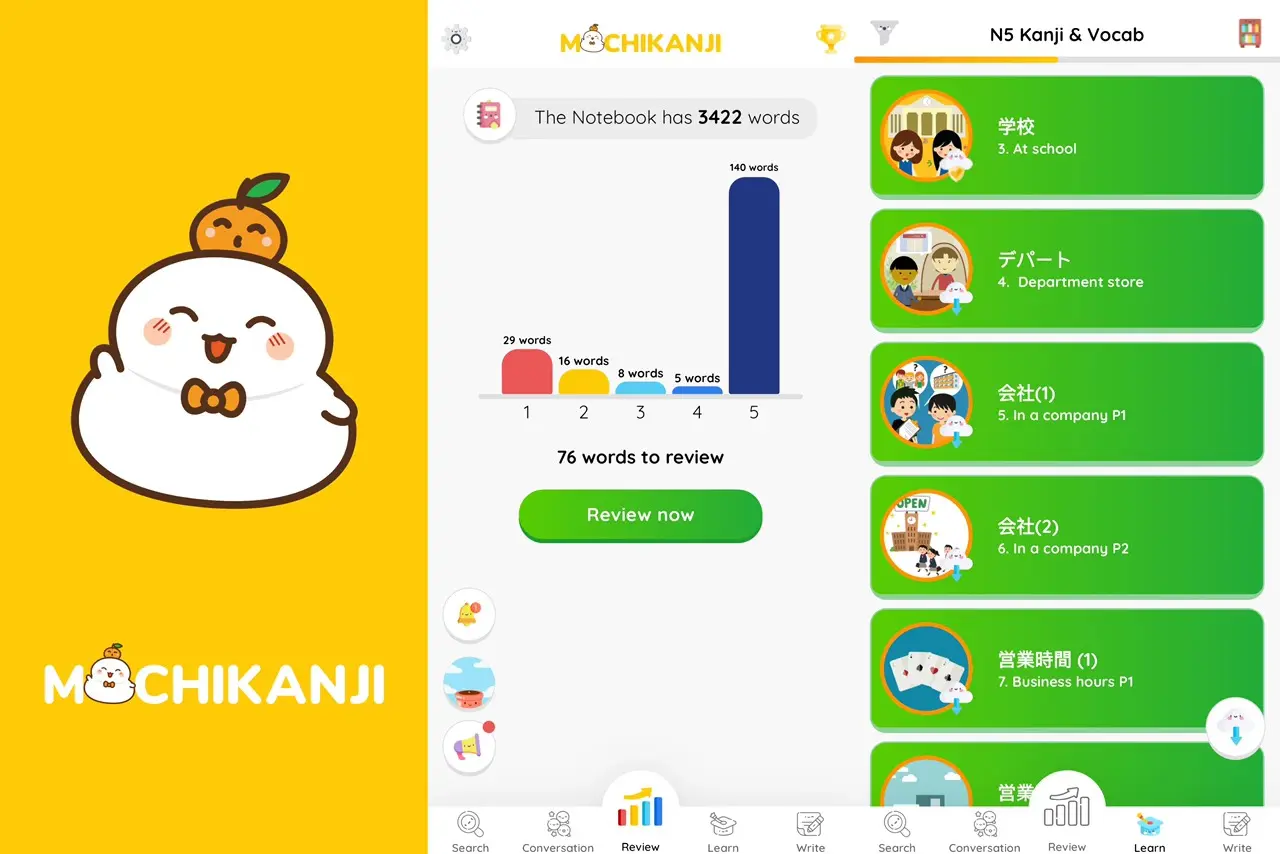
MochiKanji is a Kanji and Japanese phrases learning application that uses the Spaced Repetition technique and its special algorithm. MochiKanji makes the most of this technique, analyzing your learning history and notifying you with automatic notifications so that you can relearn Kanji and vocabulary at the optimal time.
Try it for free now!
Understanding these various expressions and their appropriate contexts helps you navigate the complexities of Japanese social etiquette. Whether you’ve made a minor faux pas or a significant mistake, choosing the right words to express your remorse is key to maintaining harmony and respect in your relationships in Japan.
FAQs
How do you apologize in Japan?
In Japan, common ways to apologize include saying “すみません (Sumimasen)” for minor inconveniences or when trying to get someone’s attention, and “ごめんなさい (Gomenasai)” for more sincere apologies when you’ve made a mistake or hurt someone. Bowing often accompanies these phrases as a sign of respect and remorse.
Is Sumimasen sorry?
Yes, “すみません (Sumimasen)” can be used to say sorry, but it’s also used to express gratitude or when trying to get someone’s attention, like “Excuse me.” It’s a versatile phrase used for both apologies and polite interruptions.
Does Gomenasai mean sorry?
Yes, “ごめんなさい (Gomenasai)” is a direct way to say “I’m sorry” in Japanese. It is typically used in more sincere situations where you’re acknowledging a mistake or wrongdoing.
How do you pronounce “I am sorry” in Japanese?
“I am sorry” in Japanese is pronounced as “ごめんなさい (Gomenasai).”

